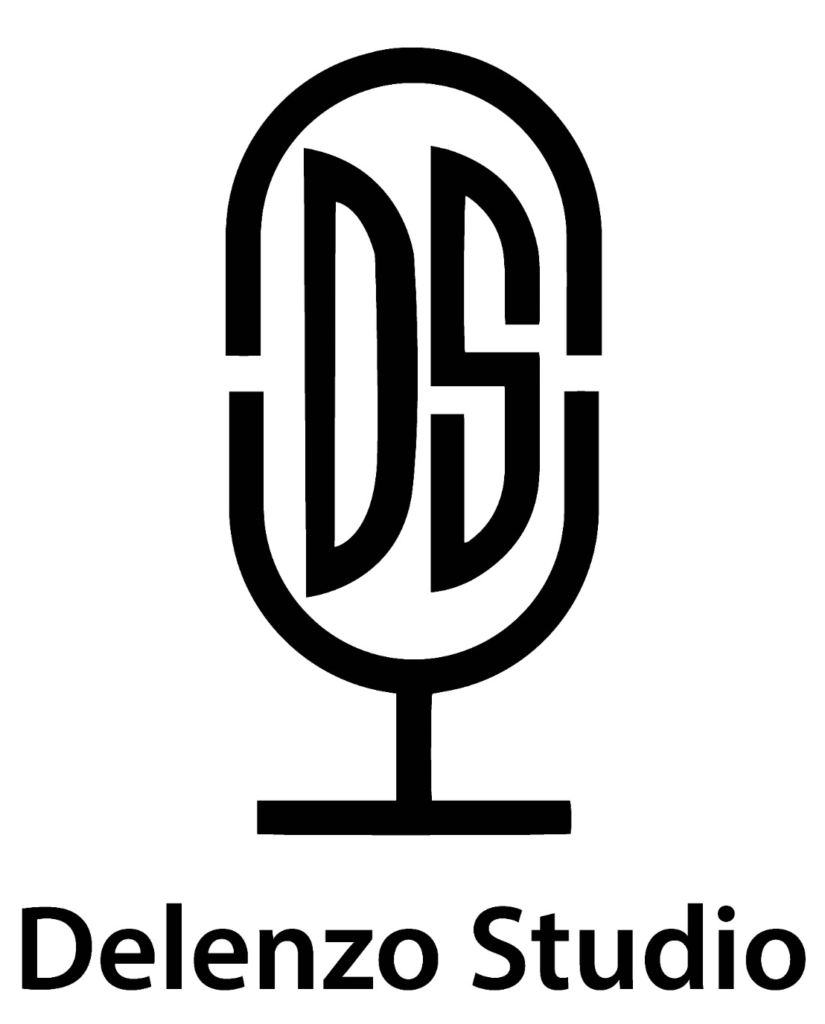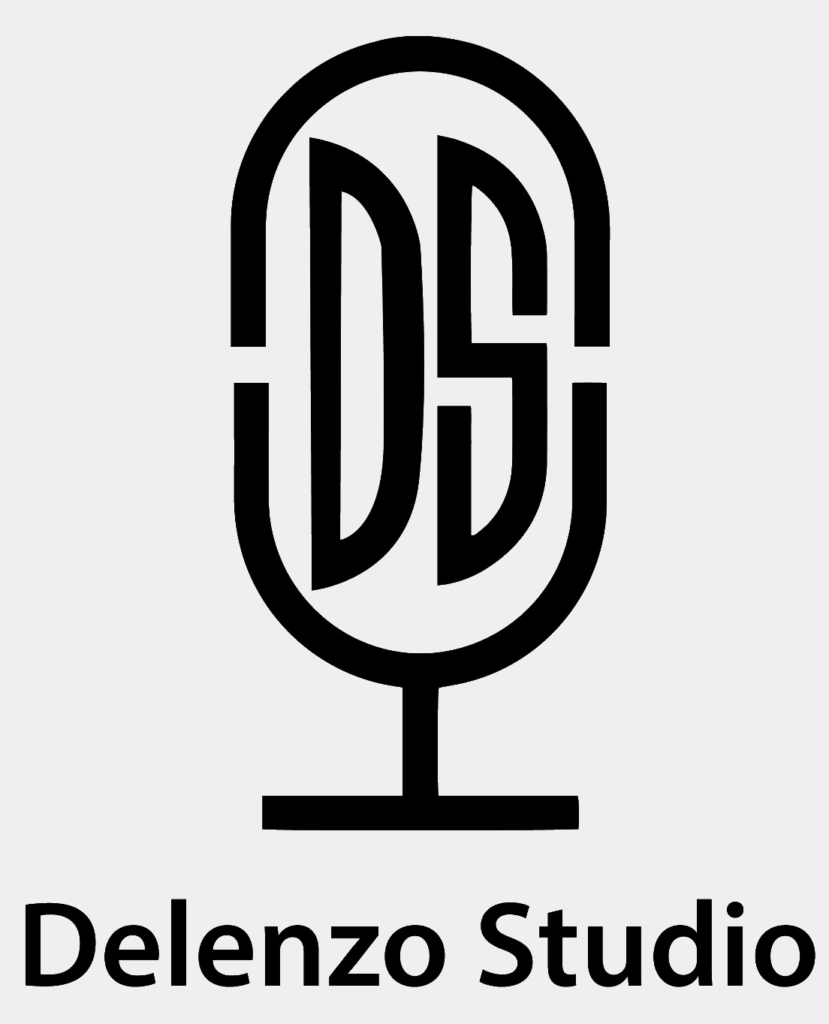There are few things quite as exciting as starting a podcast. It opens you to a world of shared ideas, kindred spirits, and dedicated listeners. Here’s your podcasting guide to ensure everything is in line for your first episode, from setting up a basic recording station to refining an advanced process. Don’t worry! All you need are the right tools and steps. Let’s begin!
What is a Podcast?
A podcast is a hosted audio program online where creators share stories, ideas, or discussions on any topic. They allow listeners to tune in at their convenience and are very popular mediums for storytelling, education, and entertainment. They can range from casual chats to deeply researched productions.
What is a Video Podcast, and Should I Try Making One?
A video podcast combines audio content with visual elements, such as videos of the hosts or graphics. These are great for building a stronger connection with your audience, especially on platforms like YouTube. Consider making one if your content benefits from visual aids or if you want to increase engagement.
Why Should I Start a Podcast?
Starting a podcast allows you to share your voice, build a community, and position yourself as an authority in your niche. It’s also a great way to connect with others who share your passions. Whether you want to promote your brand, explore a hobby, or entertain an audience, podcasting offers endless possibilities.
What Do You Need to Start a Podcast?
To get started, you’ll need a few essentials:
- A microphone for clear audio.
- Headphones to monitor sound quality.
- Recording and editing software, such as Audacity or Adobe Audition.
- A computer for editing and publishing.
- A hosting platform to distribute your content.
Invest in good quality equipment; clear audio is essential to keeping listeners engaged.
How to Choose the Right Topic for Your Podcast
Selecting the right topic is key to building an audience and sustaining your podcast. Here are some tips:
Trending Podcast Topics
Research popular topics in your niche to understand what’s resonating with audiences. From true crime to self-help, explore genres that align with your interests.
Tell the Story Only You Can
Focus on topics that reflect your unique perspective or expertise. Your authenticity will help you stand out.
Choose a Topic You Can Talk About Long-Term
Choose a topic you care about, something you can talk about for multiple episodes without getting bored.
Determine a Podcast Format
Picking the correct format for your program is important to keep things flowing and your listeners hooked. There are a few standard formats to choose from:
Solo Podcast
A single host sharing insights, stories, or expertise.
Interview Podcast
Conversations with guests to provide fresh perspectives and diverse voices.
Roundtable Podcast
Discussions among multiple hosts or panellists on a specific topic.
Narrative Nonfiction Podcast
Story-driven content, often with a mix of narration and interviews.
The Fiction Podcast
Creative storytelling with scripted narratives and characters.
How to Reach Your Podcast Audience
Reaching your audience requires understanding your niche and tailoring your content to their interests.
Your Niche
Identify a specific area of focus for your content to attract dedicated listeners.
The Kinds of People Who Would Be Interested in Consuming Content About It
Define your target audience by considering their demographics, interests, and needs.
How You Can Best Reach Them
Promote your podcast through social media, email marketing, and teaming up with other content creators. It is a great way to reach out and connect with potential listeners using platforms like Instagram, Twitter, and LinkedIn.
How Can You Develop Your Podcast Branding?
Branding is essential for making your podcast recognizable and memorable. Here’s how to create a strong identity:
Choose a Podcast Name
Pick a name that reflects your topic and is easy to remember.
Create a Signature Podcast Intro and Outro
Your intro and outro set the tone for your show and give it a professional touch. Use music and voiceovers to make them stand out.
Develop a Podcast Trailer
A trailer gives potential listeners a glimpse into your podcast. Highlight key themes and why they should tune in.
Best Podcast Equipment & Setup for 2025
Investment in proper equipment will lead to high-quality content. The following are a few recommendations:
- Microphone: Look for a dynamic or condenser mic, such as the Shure SM7B or Audio Technica AT2020.
- Headphones: Opt for noise-isolating headphones like Audio-Technica ATH-M50X.
- Pop Filter: Reduces plosive sounds and improves audio clarity.
- Audio Interface: Devices like Focusrite Scarlett ensure professional-grade sound.
- Editing Software: Tools like GarageBand or Adobe Audition help refine your recordings.
Record Your First Podcast Episode
Pre-Production
Plan your episode by outlining key points and preparing any necessary scripts or questions.
Podcast Recording
Set up your equipment in a quiet environment, and test your audio levels before recording. Speak clearly and maintain a consistent tone.
Distribute Your Podcast
Once edited, upload your program to hosting platforms like Buzzsprout, Libsyn, or Anchor. Distribute it to significant directories such as Spotify, Apple, and Google Podcasts.
Getting your podcast going isn’t rocket science; create. Follow these few steps with the following guidelines: embrace the process and have some fun while experimenting. After all, that voice has a tremendous quality of uniqueness, which is where inspiration comes from. Take this leap: start a podcast and tell people your story.
Overview
The podcasting experience is amazing, you get to share your voice with the world and connect with a global audience. Choosing the best topics and equipment using this podcast guide will create engaging content for you and your listeners. Authentic, consistent, and passionate, as it has the potential to build a loyal audience and last long. Start your podcast today at Delenzo Studio and bring your creative ideas to life.
FAQs
A beginner can start a podcast by choosing a topic, selecting a format, and investing in essential equipment like a microphone and headphones. Use free or affordable software like Audacity to edit and host on Anchor. Focus on delivering valuable content to your audience.
Yes, podcasts can make money through sponsorships, affiliate marketing, listener donations, and merchandise sales. Monetization depends on building a loyal audience and consistently delivering quality content.
Absolutely! Anyone can start a podcast with minimal resources. You only need a unique idea, dedication, and essential tools to share your voice and connect with your audience.
Use social media tools to promote it and create more appealing visuals with others. Encourage listeners to share your content and utilize platforms like Instagram, Twitter, and LinkedIn for audience engagement.

